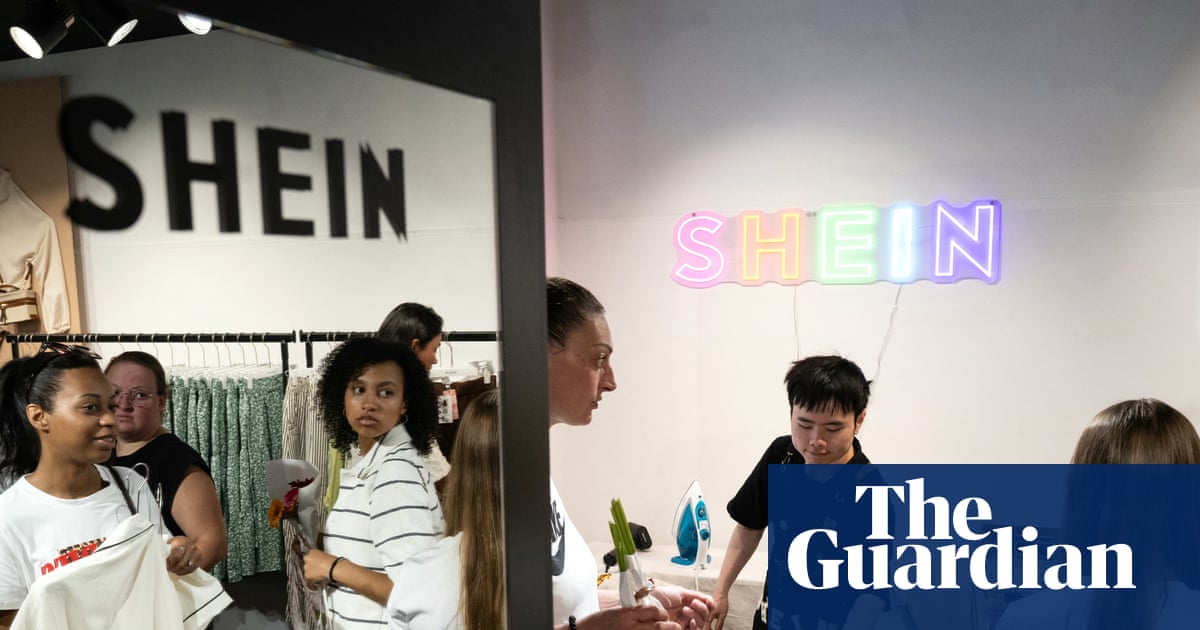
"A couple of hours before Shein opened a popup shop in Dijon this summer, the words Shein kills and exploitation, forced labour, slavery, pollution were found graffitied in French on the outside wall. Yet the fierce backlash to its series of temporary outlets in France in recent years, including in Toulouse, Montpellier and Marseille, has not deterred the Chinese-founded fast fashion brand from choosing the country for its first permanent physical stores."
"Yet despite such outspoken antipathy, with a Change.org petition to ban Shein in France now having topped 270,000 signatures, the country has not been immune to the brand's inexorable rise over the past five years. Its model, based on shipping orders of cheap clothes directly from Chinese factories to homes, reportedly brought in $1bn net profit last year, making it not simply a figurehead of ultrafast fashion, but one of its most lucrative companies."
"This week it announced a plan to open shops in Galeries Lafayette department stores in five cities and also in the BHV store in the capital. In front of the Paris City Hall, they are creating the new Shein megastore, which after destroying dozens of French brands aims to flood our market even more massively with disposable products, said Yann Rivoallan, head of the fashion retailers' body Federation Francaise du Pret a Porter Feminin."
Shein faced graffiti accusing it of killing, exploitation, forced labour, slavery and pollution before opening popups in French cities. The brand opened temporary outlets in Dijon, Toulouse, Montpellier and Marseille, but proceeded to plan permanent stores despite public protests and a petition with over 270,000 signatures. The company announced shops in Galeries Lafayette in five cities and BHV in Paris, and plans a megastore near Paris City Hall. Critics warn the ultra-fast model drives disposability, undermines French traditions of keeping objects and savoir-faire, and harms local brands. The model delivers rapid, cheap shipments from Chinese factories, producing high profits amid environmental and labour controversies.
Read at www.theguardian.com
Unable to calculate read time
Collection
[
|
...
]